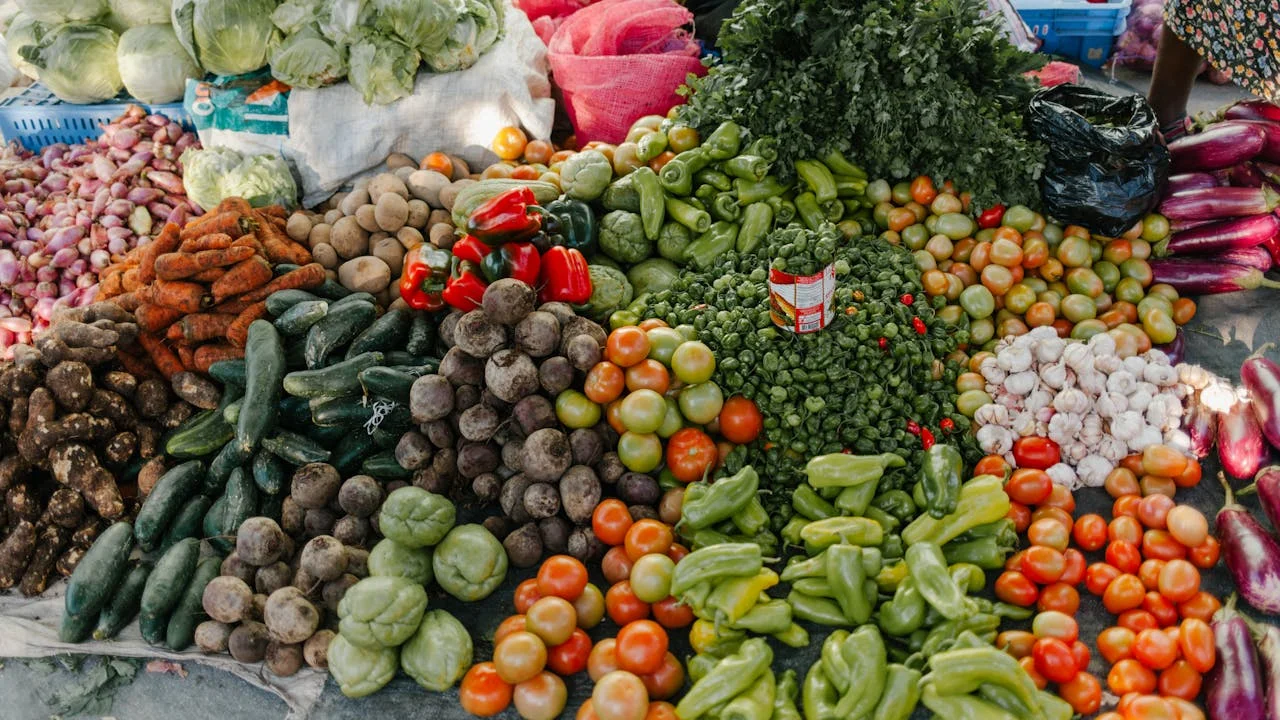
The Saudi Arabian vegetable seeds market has seen notable growth in recent years, driven by significant government support for advancing agricultural technologies. The Agricultural Development Fund has been pivotal, providing loans covering over 70% of capital expenses for agricultural projects. Between 2015 and 2022, the lending ratio soared from $133.2 million to nearly $1.87 billion. By Q2 2023, Saudi Arabia reached a 63% self-sufficiency rate in the value-added agriculture sector, largely due to the Reef program, which aims to enhance food security.
The Tamala initiative in the Tabuk region aims to unite 3,000 farms to boost crop production through modern farming technologies. In line with the government’s commitment to increasing agricultural productivity, financial support is being allocated to research projects focused on developing new food crops and creating plant varieties with better pest resistance.
Furthermore, the widespread establishment of desalination plants, converting seawater into freshwater, has provided alternative water sources for agricultural irrigation. These measures are expected to help local farmers expand their agricultural operations, acting as long-term drivers for the vegetable seeds market. Population growth and a $1 billion investment plan in greenhouses are increasing demand for greenhouse farming, further stimulating the market. Additionally, research on new crops and desalination projects is set to enhance agricultural productivity, benefiting local farmers and boosting the vegetable seeds market in the coming years.
Market Segmentation by Types
Tomato seeds accounted for a major revenue share in the Saudi Arabian vegetable seed industry in 2022. This is due to a rise in local tomato production, which increased from 598.8 thousand tonnes in 2020 to 658,000 tonnes in 2022. Companies are investing in advanced technologies to boost local tomato production. For example, the Greenhouse Horticulture Business Unit of Wageningen University & Research (WUR) employed targeted watering techniques to increase local tomato production, driving demand for tomato seeds in the country.
Market Segmentation by Cultivation Mechanism
Open field cultivation garnered the major revenue share in the Saudi Arabian vegetable seeds market. The production of vegetables in open fields increased from 904,000 tons in 2020 to 983,000 tons in 2021. Open field cultivation relies on modern irrigation and water management techniques, which help overcome challenges of limited water resources and extreme temperatures, making it the most preferred technique in the country.





